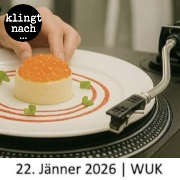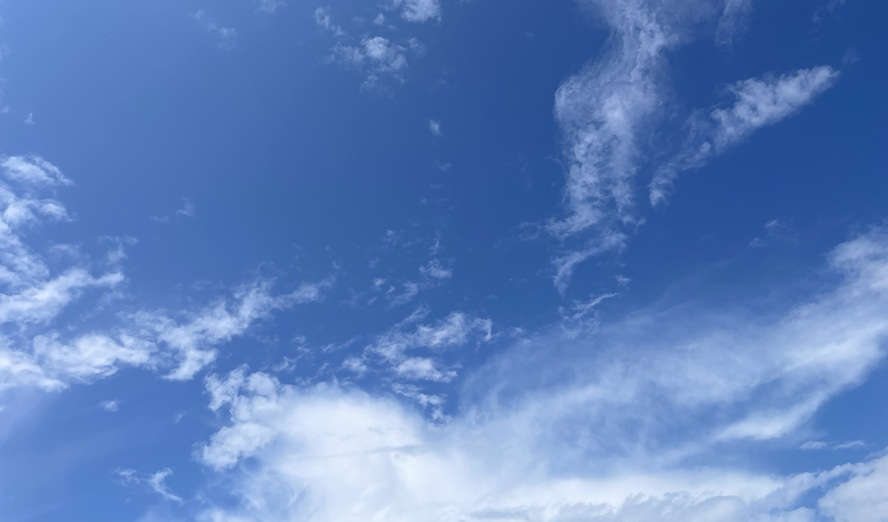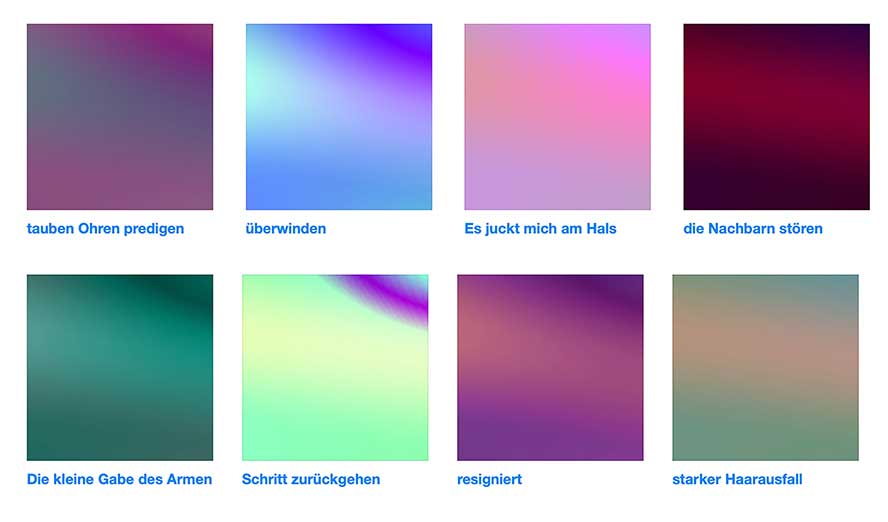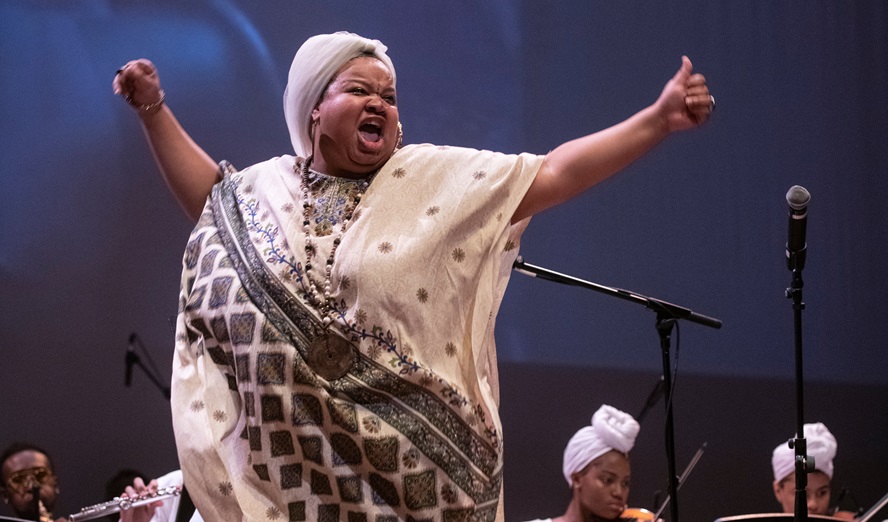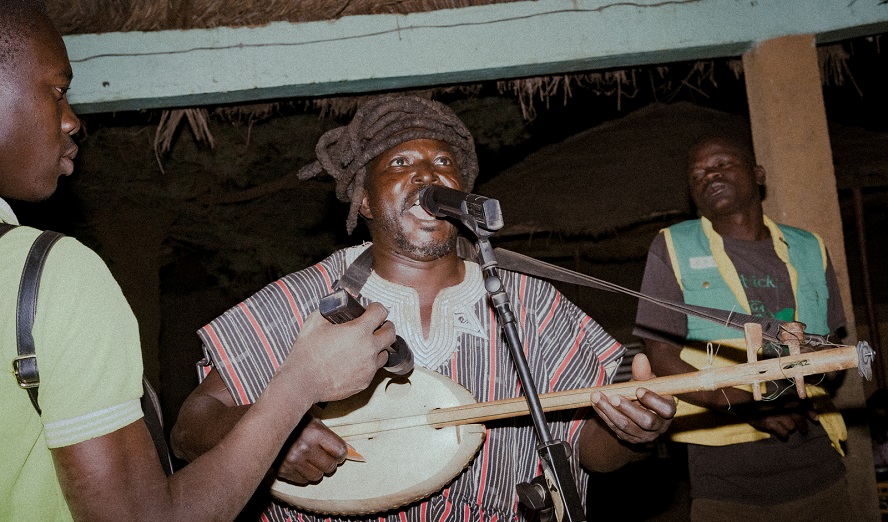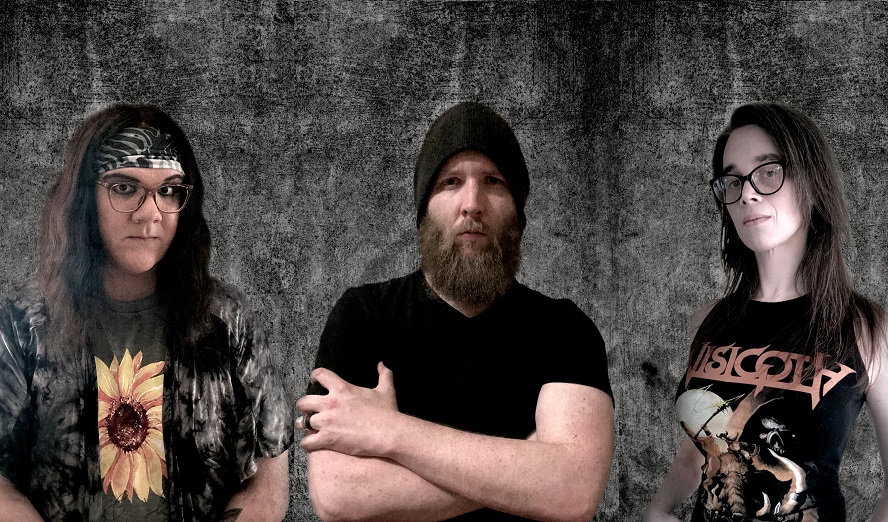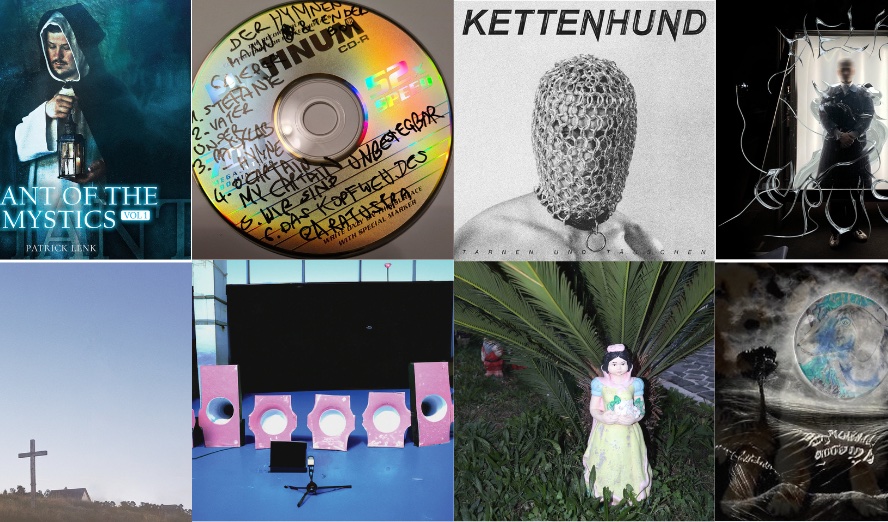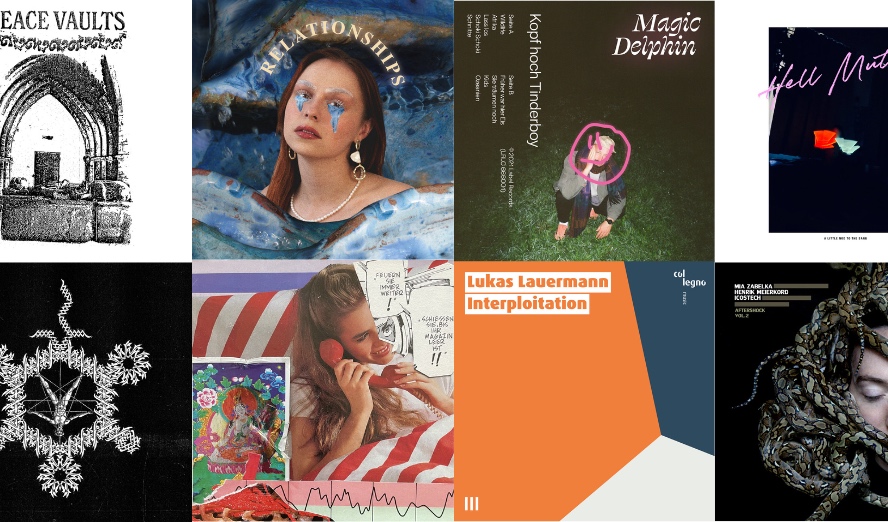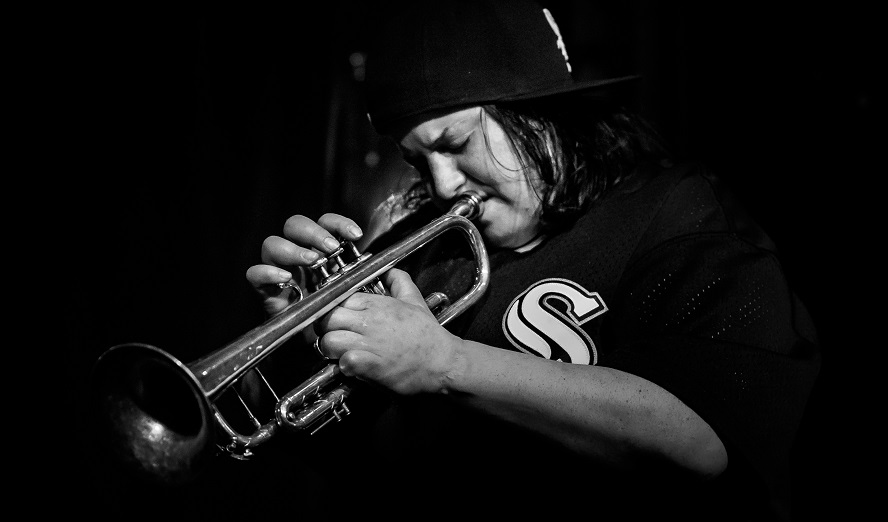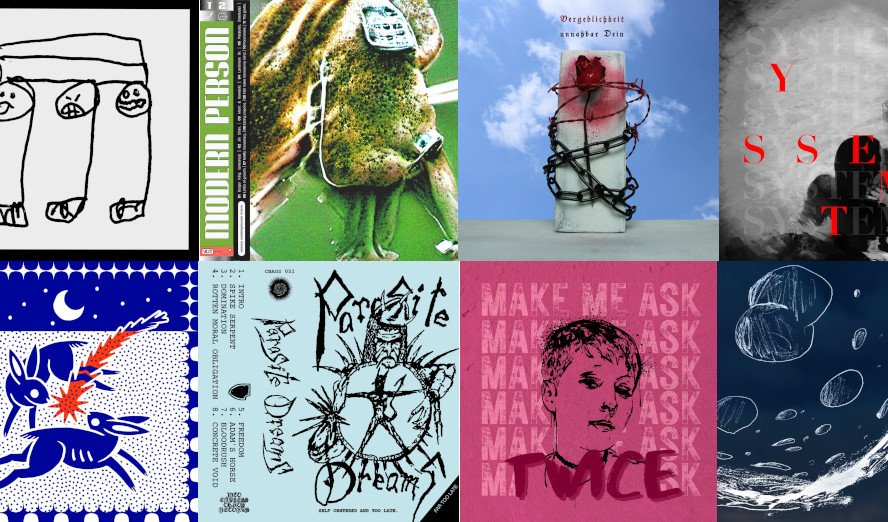Each composer dealing with a material is at the same token dealing with a society – the old idea of Adorno has never gone out of date but especially with the growth of experimental (and related) composition seems to be an interesting perspective to see adventures in new music. Here are just three small examples of how it works.
First – what is a song? Obviously taking »Songs. 24 Solo Pieces for Metal Instruments« you need to forget about playful tunes and cute vocals. But that is obvious – well trained in contemporary trends in composition, Vienna based composer and percussionist Elisabeth Flunger perfectly realizes that this would only be an ethnocentric or maybe ideologized definition of a song – based on all these objects that you find turning on the radio, walking in a music store or just using a public transport. What she did instead was gathering different kind of everyday objects – »sheets, tubes, parts of tools and machines« etc. Then started composing pieces out of them. Then – already composed – they formed 24 abstract pieces. So why songs?
She was moving in a world where material, composing and composition are all closely interrelated. First of all, what is a relation between an object and a sound? The former needs to be »in use«. And this is the strategy Flunger is taking advantage of here – she is more interested in operating the objects than the strict compositional rules. But usage of a lot of these objects do not necessarily produce single sounds so that one is not provided with a neutral material ready to be composed. Rather, objects in use already imply their own musical structures. Like throwing a metal object on another one creates a small metallic structure. Usually repetitive. Repetition thus becomes one of the main preceedures of dealing with objects. But taken from a formal perspective this is not only about repeating a certain musical fragment. The fragment rather is already a repetaed operation of metallic object. In the end, what we have here is 24 small structures often being implied by the found material itself. Coiled up, sometimes asymetrical, folded songs.
See – how many of them are wasted! It is a nice concept of recycling music. What is more – it is really well done. No question about it. What is worth noting though is, as in case of any kind of recycling, derived from the same material the functionality is different. But what is it in the case of these songs? Practical, like usually in case of objects? Not anymore. Joyful like in case of songs? Just try to go over all 24 of them … Or is it the early avant garde kind of answer – none? Afunctional songs?
The other one also deals with the very close relationship between material and composition. In a sense that no compositional methods are thrown on the material previously gathered. But here we do not have any metal objects but a regular piano played by Manon-Liu Winter plus VASP software operated by Klaus Hollinetz. Piano and software – the other way of seeing what kind of material modernity gave us (although harder to find in trashbins)!
»Soundfishing« is more of an improvised nature than »Songs«. Winter is well known for her improvisatory collaboration with Hautzinger and others so having that – do not expect free improvisation but rather a kind of instant composing attitude. She explores inside piano (most often) and her long disappearing sounds give Hollinetz time to process what she is doing. This is how they go for huge swarms of floating sounds – not really aggressive, rather continuous explication of what can happen with a certain piano sound. Anyway, the most abstract of the three albums, »Soundfishing« is a detailed study in piano potentialities possible to develop by means of software modification.
Funnily enough – most of the time difference between acoustic and electronic sounds is quite clear (as opposed to other trend in contemporary electroacoustic music with its own icons like Kyriakides). The material stays what it is. Plus – at the same time but in its different temporal structures – you get the idea of what can it be. But maybe this is just the question of a CD – if you have it on 50 loudspeakers, like the live version of the collaboration, you probably forget about instant identification of »what is where« and »where is it coming from«? Apart from the fact that for a lot of listeners what Winter is doing with the piano is itself almost a recycling of the old keyboard instrument. But if you associate the last one with a certain elegancy of a serious music – you will not be dissatisfied here.
Cello – a little bit like piano – does not seem to be a found object. Especially in the hands of a trained classical cellist like Maria Frodl, its instrumental tradition of ca. 350 years is well defined. For many – it goes without saying to be a bass part of a string quartet etc etc. But we should bear in mind people like Tom Cora and Günter Christmann or Helmut Lachenmann and Luciano Berio whose attitude towards cello was/is as if it was firstly an object. Contrary to the instrument – having almost no history whatsoever. And definitely – becoming an individual material for composing.
As the cover of the album (playing cello with thimbles on one’s fingers), title (»Strokes«) and liner notes (»focuses on modern compositions and unusual playing techiques for violoncello«) can suggest Frodl would fit in the second option. But do not get confused – Frodl is not really interested in breaking the tradition but rather showing its outskirts – edges of the well known usages of the instrument. For the album she gathered five pieces of (mostly) young generation of composers, which all seem to be a mainstream of up-to-date composition. In structural or timbral senses, they all resemble certain elements of cello classical tradition (Bach is the most obvious example here). So that even small noisy elements seem to be a challenge to a classical material. Hitting or knocking the cello being among the most radical techniques here.
Cello is not really abused here – although it remains a main point of focus, also from a compositional point of view. Conservative? Yes. But also might be a huge relief to hear the cello again – just like that, you could say – after all these years. A challenge for Frodl. But also a challenge for those who consider themselves as more experimental music oriented.
Elisabeth Flunger: »Songs. 24 Solo Pieces for Metal Instruments« (Loewenhertz 015)
Maria Frodl: »Strokes« (Extraplatte 006-2)
Manon-Liu Winter/Klaus Hollinetz: »Soundfishing« (ein_klang records 023)
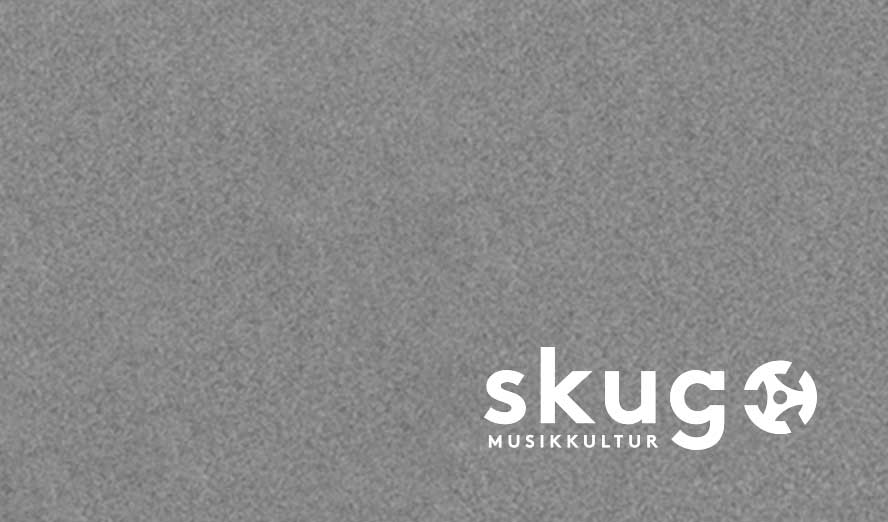
Recycling the material…
...on new CDs from Elisbeth Flunger, Manon-Liu Winter/Klaus Hollinetz and Maria Frodl.
Home / Musik / Review Collection
Text
Micha Libera
Veröffentlichung
24.05.2007
Schlagwörter
english
sammelrezension

Unterstütze uns mit deiner Spende
skug ist ein unabhängiges Non-Profit-Magazin. Unterstütze unsere journalistische Arbeit mit einer Spende an den Empfänger: Verein zur Förderung von Subkultur, Verwendungszweck: skug Spende, IBAN: AT80 1100 0034 8351 7300, BIC: BKAUATWW, Bank Austria. Vielen Dank!


